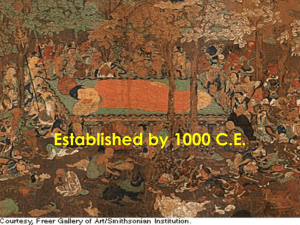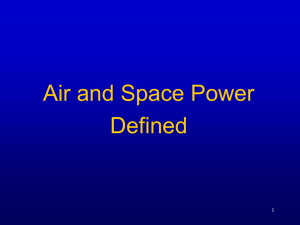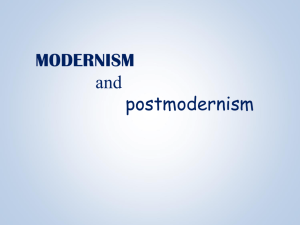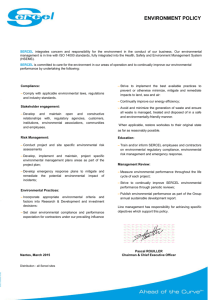Tenets of leadership - Principles for management and cooperation
advertisement
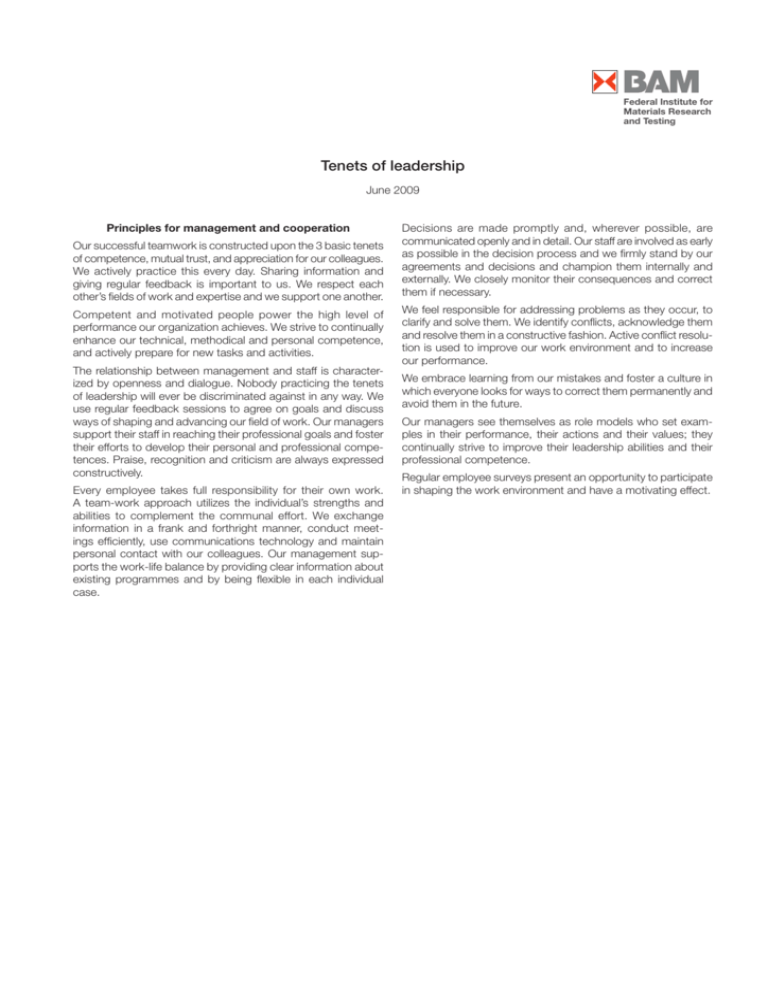
Federal Institute for Materials Research and Testing Tenets of leadership June 2009 Principles for management and cooperation Our successful teamwork is constructed upon the 3 basic tenets of competence, mutual trust, and appreciation for our colleagues. We actively practice this every day. Sharing information and giving regular feedback is important to us. We respect each other’s fields of work and expertise and we support one another. Competent and motivated people power the high level of performance our organization achieves. We strive to continually enhance our technical, methodical and personal competence, and actively prepare for new tasks and activities. The relationship between management and staff is characterized by openness and dialogue. Nobody practicing the tenets of leadership will ever be discriminated against in any way. We use regular feedback sessions to agree on goals and discuss ways of shaping and advancing our field of work. Our managers support their staff in reaching their professional goals and foster their efforts to develop their personal and professional competences. Praise, recognition and criticism are always expressed constructively. Every employee takes full responsibility for their own work. A team-work approach utilizes the individual’s strengths and abilities to complement the communal effort. We exchange information in a frank and forthright manner, conduct meetings efficiently, use communications technology and maintain personal contact with our colleagues. Our management supports the work-life balance by providing clear information about existing programmes and by being flexible in each individual case. Decisions are made promptly and, wherever possible, are communicated openly and in detail. Our staff are involved as early as possible in the decision process and we firmly stand by our agreements and decisions and champion them internally and externally. We closely monitor their consequences and correct them if necessary. We feel responsible for addressing problems as they occur, to clarify and solve them. We identify conflicts, acknowledge them and resolve them in a constructive fashion. Active conflict resolution is used to improve our work environment and to increase our performance. We embrace learning from our mistakes and foster a culture in which everyone looks for ways to correct them permanently and avoid them in the future. Our managers see themselves as role models who set examples in their performance, their actions and their values; they continually strive to improve their leadership abilities and their professional competence. Regular employee surveys present an opportunity to participate in shaping the work environment and have a motivating effect.


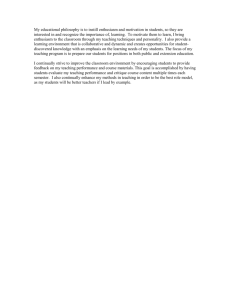

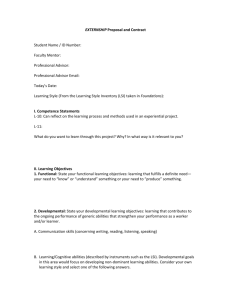


![Sociology of Education [ppt]](http://s2.studylib.net/store/data/009979327_1-fed041e66c154e110c7c14b5dc89427c-300x300.png)
